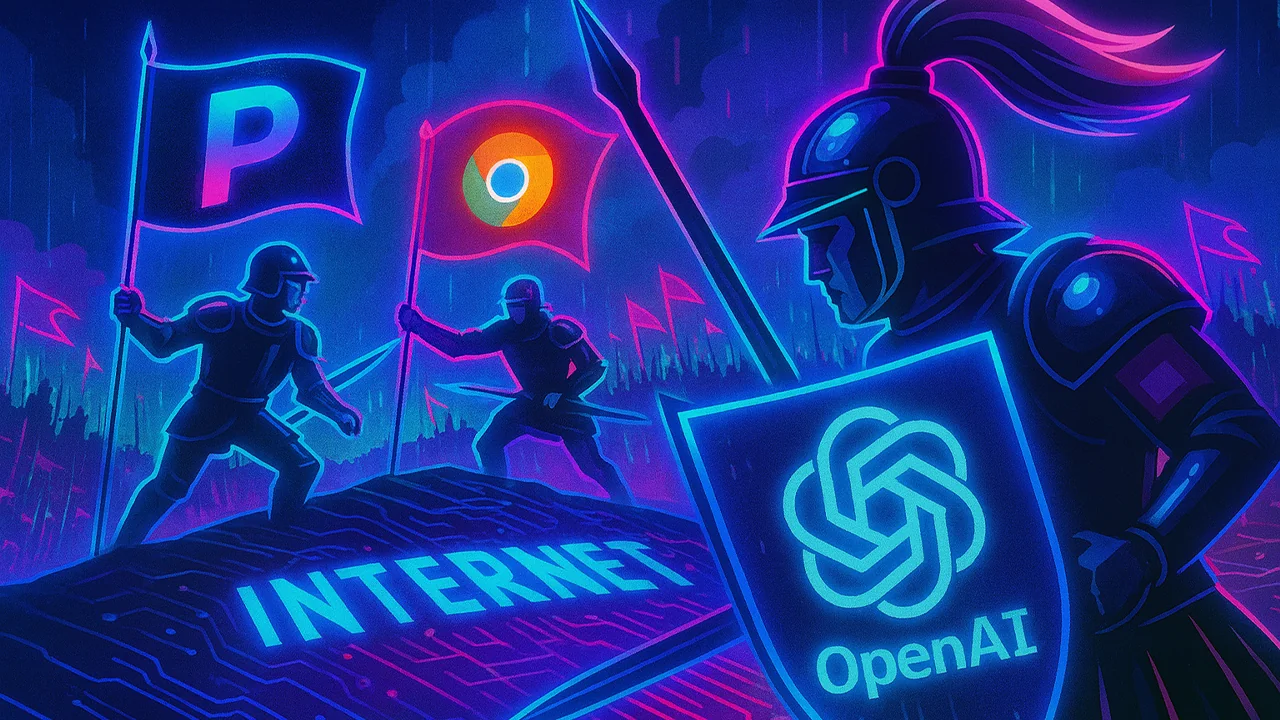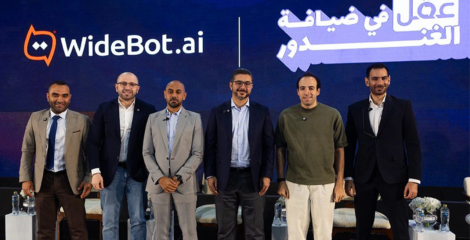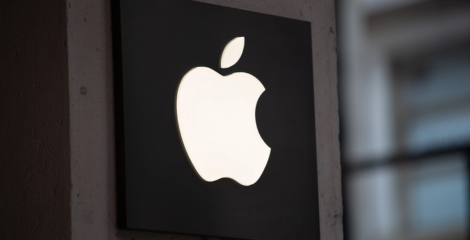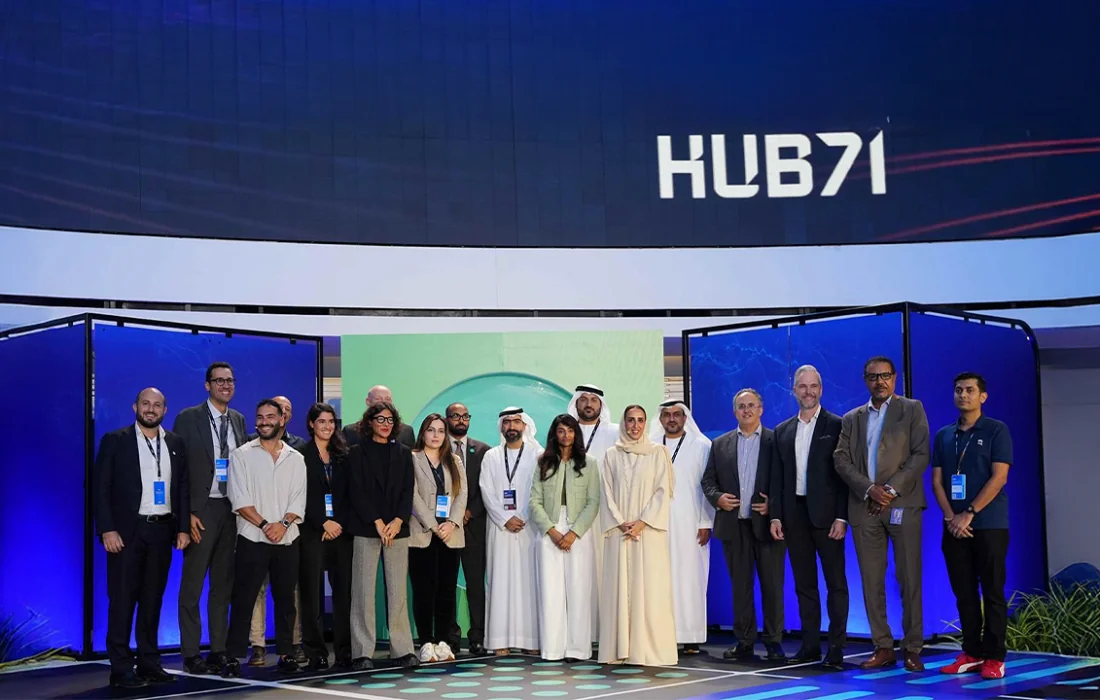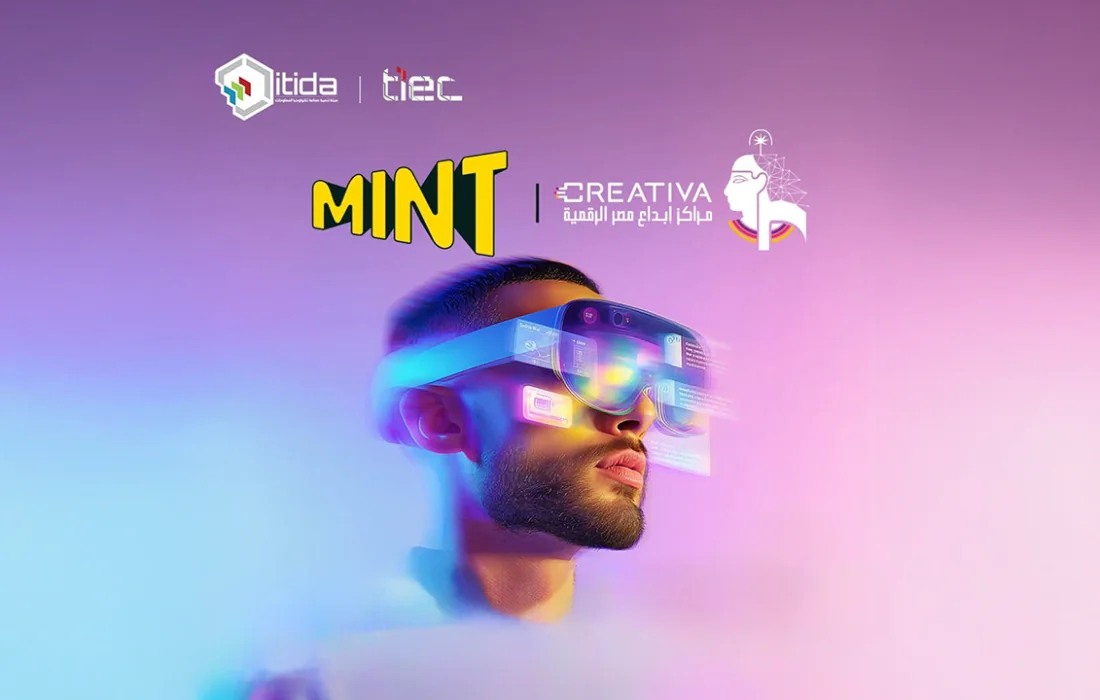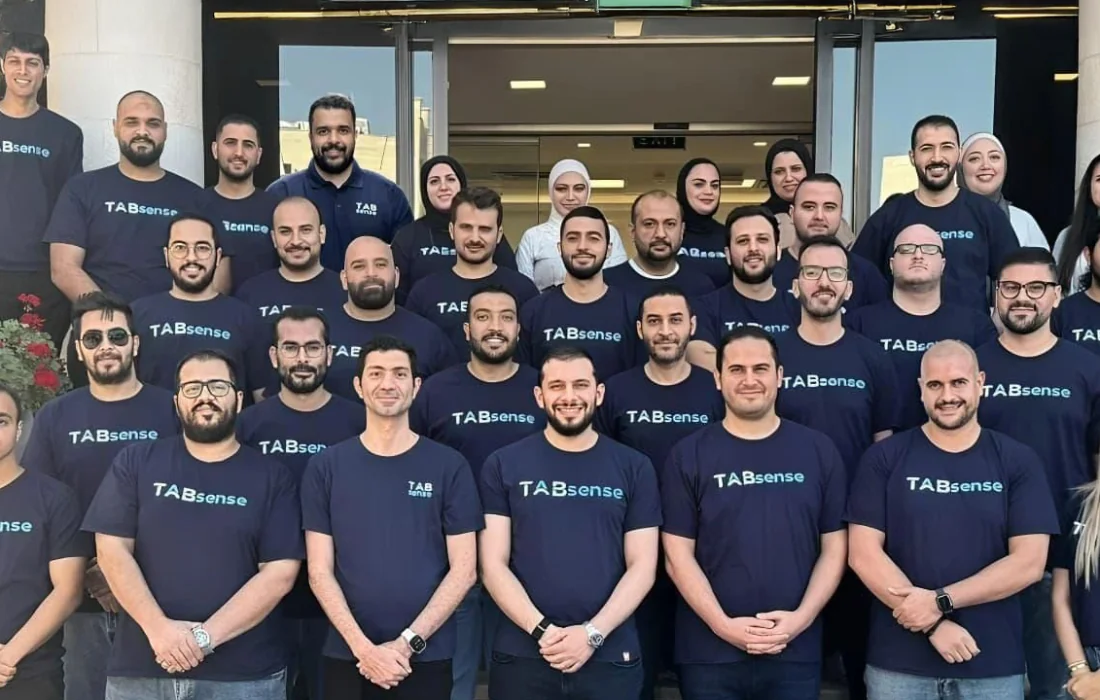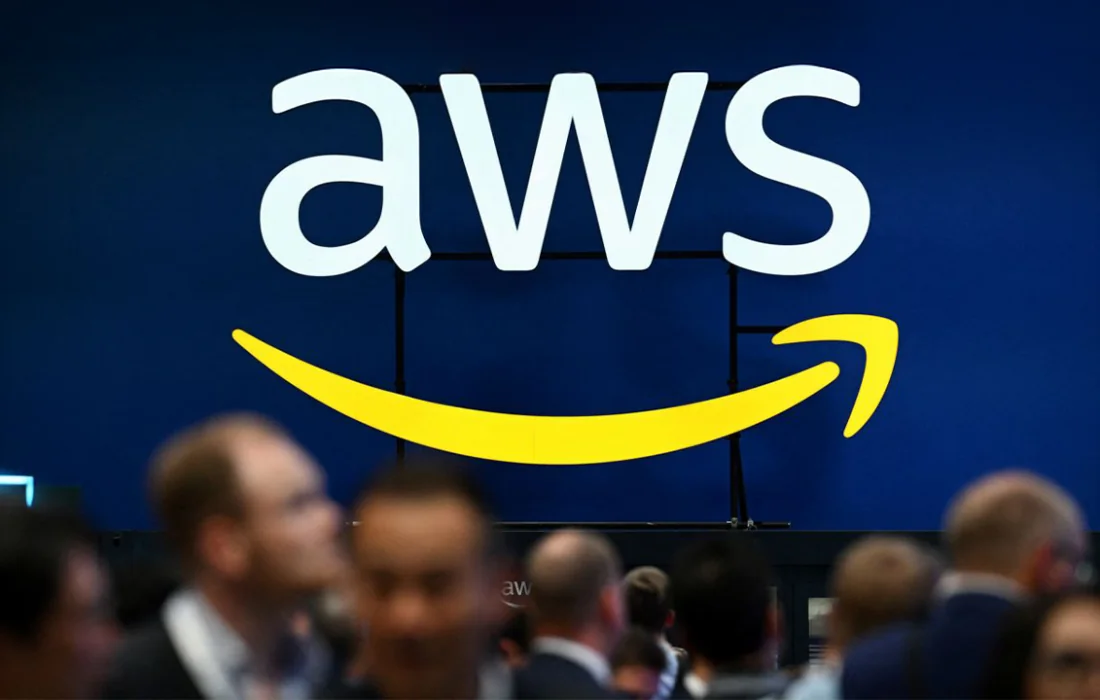- AI browsers challenge Chrome and Safari, with OpenAI’s Atlas and Perplexity’s Comet offering advanced, integrated AI experiences.
- Controlling the browser allows AI companies to become the default assistant, enhancing reach, adoption, and web discovery.
- Owning browsers provides behavioral data for personalization, reducing reliance on third-party sources and improving AI understanding of user intent.
AI Browser
While Google Chrome and Apple’s Safari continue to dominate, a new wave of AI-powered browsers—like Perplexity’s Comet and OpenAI’s Atlas—is challenging the status quo.
Browsers serve as the main gateway to the web, with most links opening through them, even from apps. This allows AI companies to monitor browsing activity and position their tools as the default AI assistant in the browser. Such integration improves both reach and adoption, giving AI companies a stronger presence across user web activity.
Atlas
OpenAI launched ChatGPT Atlas, a new web browser built with ChatGPT at its core.
With Atlas, ChatGPT works directly in the browser, assisting the user wherever they navigate online. It understands the user’s intent and completes tasks without copying, pasting, or leaving the page. It understands your intent and completes tasks without copying, pasting, or leaving the page. Its built-in memory lets it draw on past conversations, providing personalized, context-aware support to help the user work efficiently.
It is launching worldwide on macOS today to Free, Plus, Pro, and Go users. Additionally, it will be launching for Windows, iOS, and Android soon.
Comet
In July 2025, Perplexity launched Comet, an AI browser that acts as a chatbot based engine. It can summarize emails, browser web pages and perform tasks such as sending calendars. The browser is only available to users with Perplexity’s USD 200/month Max plan.
Browser Wars
A key strategy for AI browsers is becoming the default. Comet prompts users to set it as default, add to taskbar, and load on startup. This would mean whichever AI browser is set as default would become the user’s default AI giving it an advantage over competing AI services.
This is also about competition in the age of the decline of the open web. This an age where Google is shifting traditional search to AI Mode, prioritizing Gemini-generated responses with limited search results. Thus, its integrations likely exclude other AI services like OpenAI and Perplexity. However, by controlling the browser experience, AI companies can ensure their tools enhance web discovery rather than replace it.
This is also largely about data as most AI models are trained on vast public data. Browsers offer data about user behavior across the open web including what they read, click or leave. Moreover, owing the browsers themselves, reduces AI companies’ reliance on third party data.
If you see something out of place or would like to contribute to this story, check out our Ethics and Policy section.
